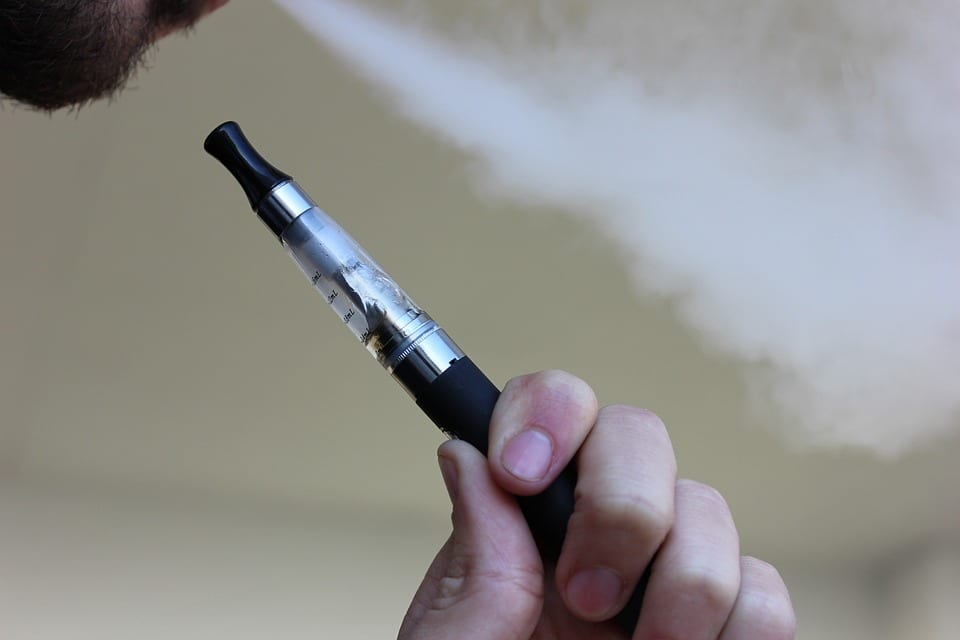People who never used e-cigarettes were 1.5 times more likely to begin using after receiving coupons.
ATLANTA — A new study led by a researcher in the Georgia State University School of Public Health finds that people who receive coupons for e-cigarettes are more than 1.5 times more likely to begin using them and less likely to quit.
“Our study found that when people were exposed to more waves of e-cigarette coupon advertising, they were more likely to initiate e-cigarette use and it was more challenging for them to quit,” said Zongshuan Duan, assistant professor in the Department of Population Health Sciences. “The effect sizes were actually quite large and meaningful given the number of people who might be exposed to this marketing strategy.”
Duan and his colleagues analyzed data from a nationally representative sample of nearly 20,000 American adults that spanned a four-year period. The findings appear in the January edition of the American Journal of Preventive Medicine.
The study found that people’s likelihood of using e-cigarettes, also known as vaping, rose as their exposure to e-cigarette coupons increased. People who never used e-cigarettes were 1.5 times more likely to begin using after receiving coupons, those who formerly used e-cigarettes were 1.4 times more likely to relapse, and current users were nearly 1.3 times more likely to continue using than people who did not receive coupons.
Previous research from Georgia State University and other institutions has found that cigarette coupons, received either via direct mail or electronically, encourage and sustain smoking behaviors. Research on the impact of e-cigarette coupons, however, has been relatively limited.
The Centers for Disease Control and Prevention notes that e-cigarette aerosol can contain harmful and potentially harmful substances, while a National Academy of Medicine report noted there is substantial evidence that e-cigarette use increases the risk of using combustible cigarettes among youth and young adults.

In response to these findings, Duan emphasized the importance of implementing stronger and more comprehensive tobacco control policies to restrict the distribution and redemption of e-cigarette coupons. Notably, in 2020, New York and New Jersey implemented laws prohibiting the use of tobacco coupons. Duan said the findings from his study and others suggest that similar approaches may help reduce tobacco use.
The study’s coauthors include Kristen Hamilton-Moseley at the National Institute on Minority Health and Health Disparities, Timothy McNeel at Information Management Services Inc., Carla Berg at the George Washington University Milken Institute School of Public Health and Kelvin Choi at the National Institute on Minority Health and Health Disparities.


Join the conversation!